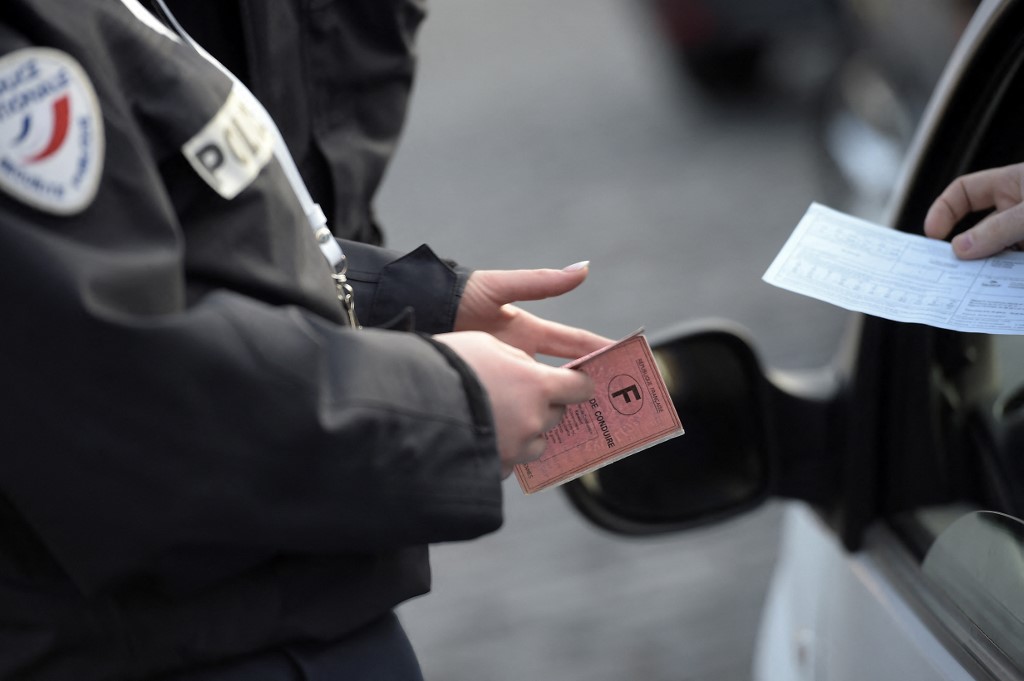Question: I’ve read that Brits in France need to swap their licences for French ones, does that apply to me? I live in the UK but have a home in France and usually spend several months a year there. The house is in a tiny village so having a car while we’re there is vital.
One of the many changes that Brexit has ushered in is around driving licences, but not everyone is affected.
Anyone who has their permanent home in France and drives on a UK or NI licence needs to swap it for a French one – although the swapping process is still not open due to the lack of a reciprocal agreement between France and the UK. Licences continue to be recognised until December 31st 2021.
For people who are just visiting France, however, there is no need to swap. Tourists can continue to drive on UK licences and British and French authorities have agreed that there is no need for International Drivers’ Permits. This also applies to anyone who has a French licence and is visiting the UK.
So what’s the situation for second home owners?
Well most of them in this case are classified as tourists.
Brexit has ushered in some changes for second home owners, with people now being limited as to how long they can spend in their French properties without acquiring extra paperwork.
You can read the full range of options for second home owners HERE but essentially they boil down to three choices; spend less than 90 days out of every 180 in France, get a visitor visa or become a full-time resident in France.
Those coming for shorter stays or staying on a visitor visa count as tourists in this instance and do not need to swap driving licences.
Only those who decide to change their full-time residence to France – which requires a visa – are covered by the driving licence change.
If you have a question about any aspect of life in France, feel free to get in touch as [email protected]



 Please whitelist us to continue reading.
Please whitelist us to continue reading.
Member comments